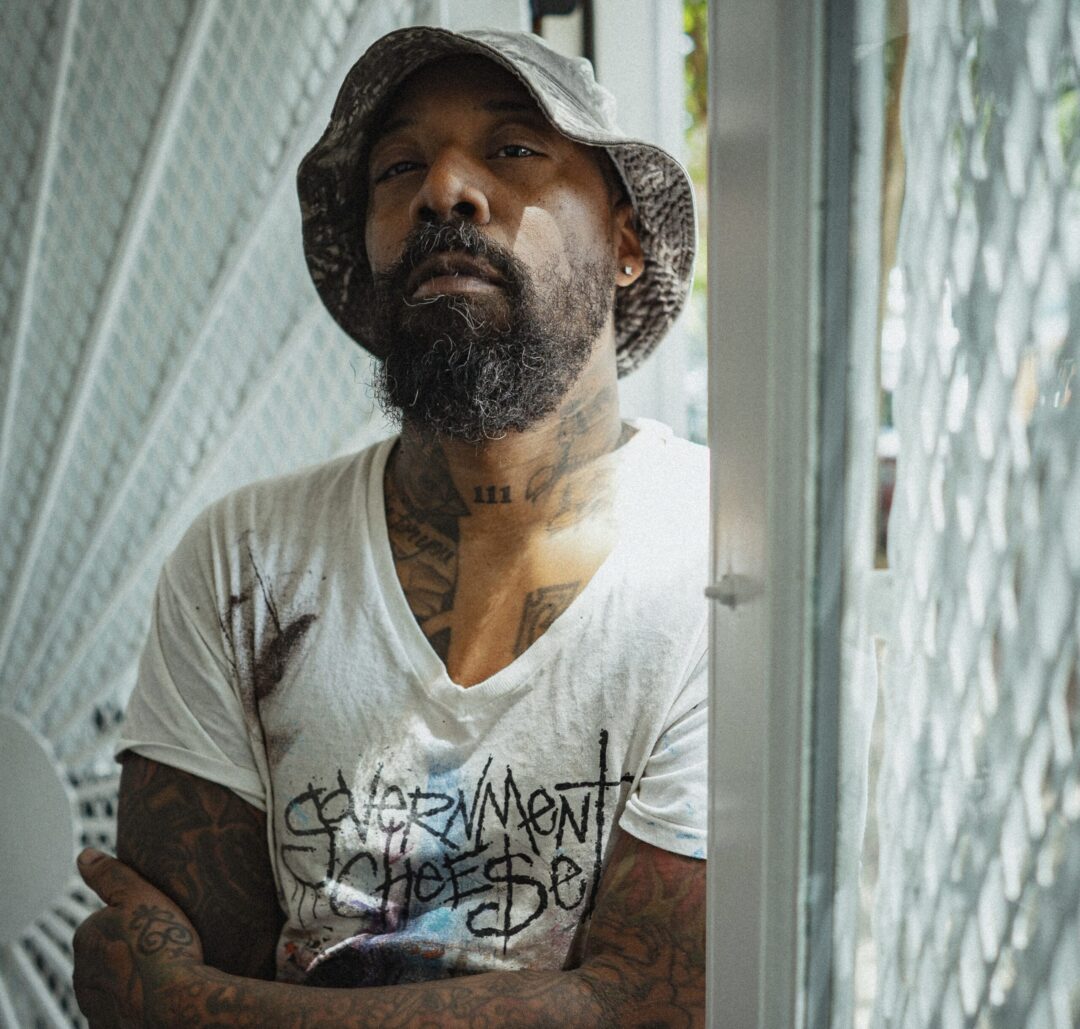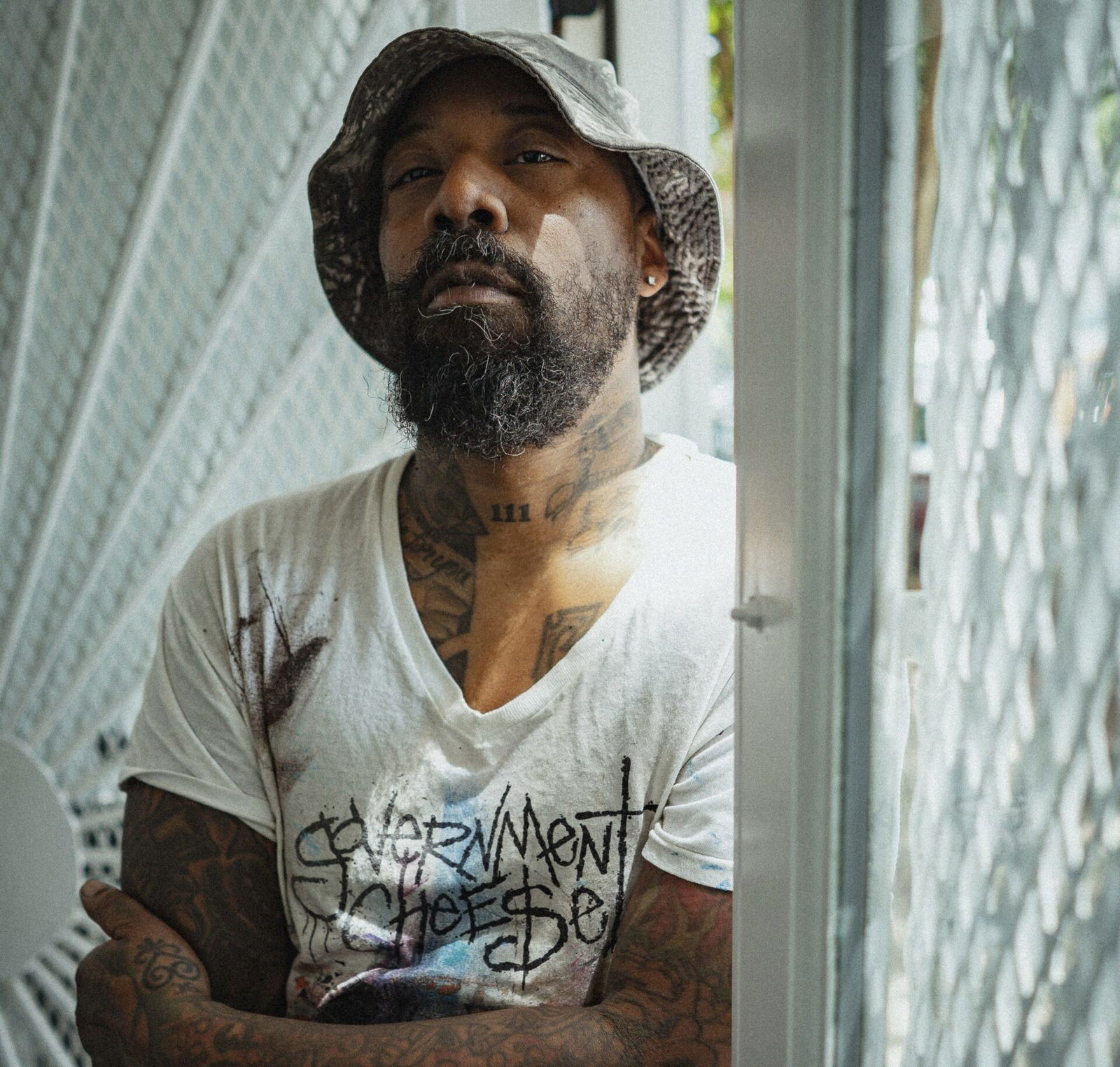
July 14, 2025
Atlanta’s code enforcement says the tattoo shop violates a ordinance that wasn’t around until years after it opened.
A popular tattoo shop fights to stay open and maintain its place in Atlanta’s arts and cultural scene.
City of Ink first opened in the city’s Castleberry Hill neighborhood in 2006. At the time, its co-founder hoped to turn an abandoned space into a place fueled by art.
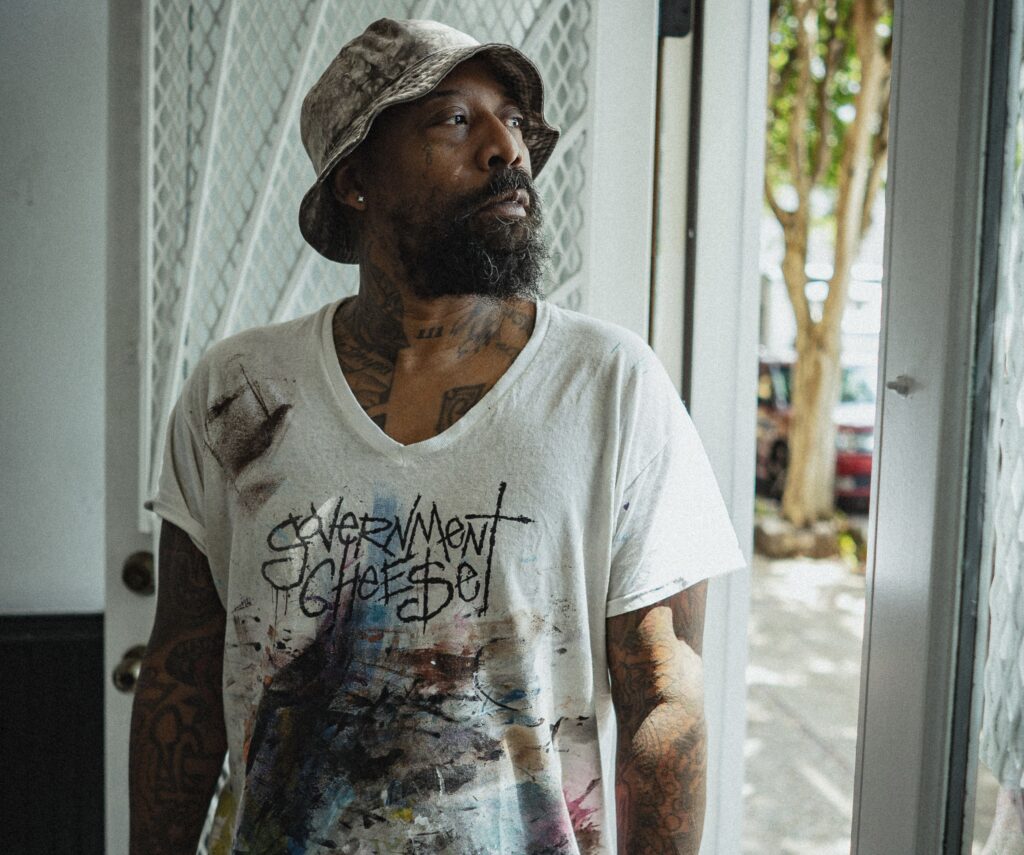
Over the years, the shop evolved into a cultural staple, leading to art galleries, creative events, and more. It also became a symbol of Atlanta, especially on its Westside, even appearing in popular music videos during the rise of the city’s trap music scene.
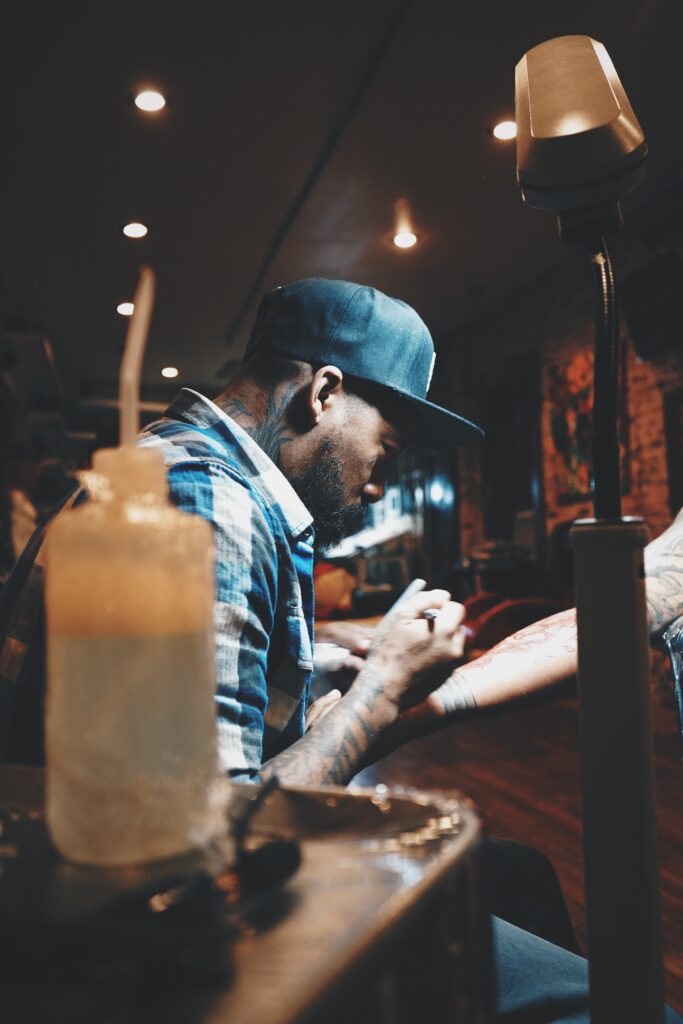
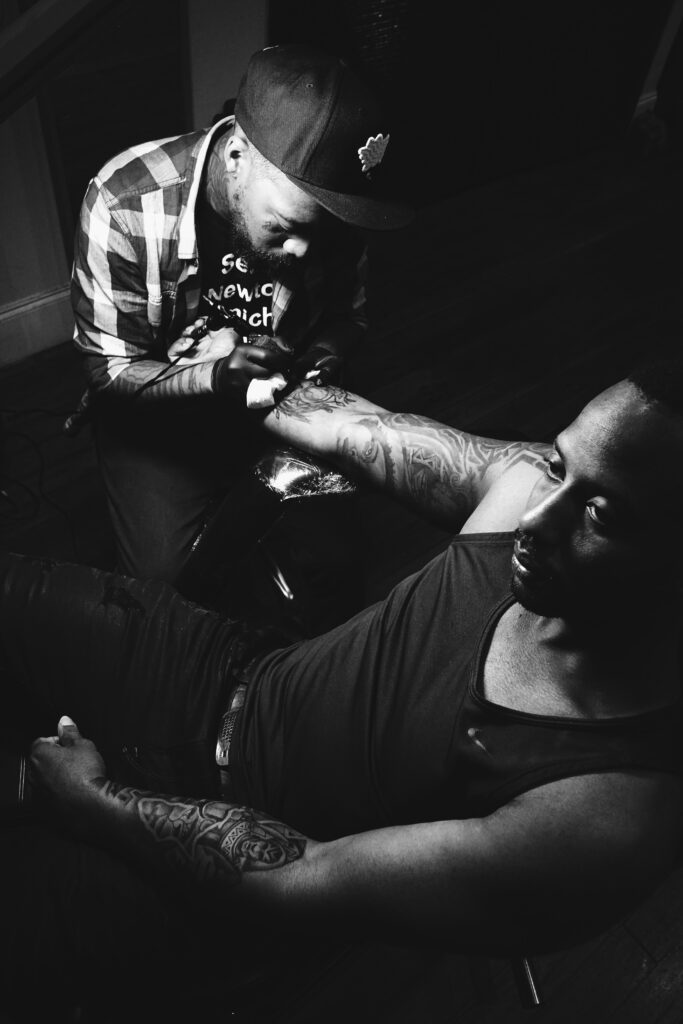
Now, a code violation threatens its future, leaving its fate in the hands of the community it has served.
The City of Atlanta’s Code Enforcement halted operations at the shop in April, issuing a stop-work order directly at its door. It says that City of Ink violates an ordinance passed in 2008, which forbids tattoo shops from operating within a certain proximity to each other.
The temporary closure immediately shocked the owners and the Westside community, as City of Ink has grown into more than the average tattoo parlor. Its owners argue that the tattoo shop predates the ordinance in question. Given this, they should be exempted from this burdensome rule.
“I’m operating like I am grandfathered in. So I never thought we’d have a problem with that since we were there before the ordinance,” continued Bailey. “I believe in the mayor and him keeping his word. He said he’s going to work it out.”
Supporters of the tattoo shop also believe that the law may harm the city’s cultural fabric. Plushette Ellis, Castleberry Hill Economic Business Development Chair, believes that the shutdown could have more consequences that bleed into the community.
“I think at stake is erasing the history and culture of Atlanta through the lens of gentrification,” Ellis said. “But also we should be investing in arts and culture. That is Atlanta.”
Forcing the closure of the tattoo shop would also result in the loss of a Black-owned business in the area. Atlanta has already made significant strides in increasing diverse entrepreneurship.
While a 2025 report by LendingTree lists Atlanta as having the highest percentage of Black-owned businesses in the nation, these companies generally struggle with first-year success and obtaining loans, making the longevity and recognition of this tattoo shop even more notable.
A hearing will take place July 17, but Bailey believes the mission is bigger than body art.
“It’s not about tattoos,” he added. “It’s about community…it’s about legacy…it’s about culture…it’s about employing people and keeping jobs in Atlanta.”
RELATED CONTENT: Trilith Live, A 700-Acre Entertainment Complex, Is Coming To South Georgia


